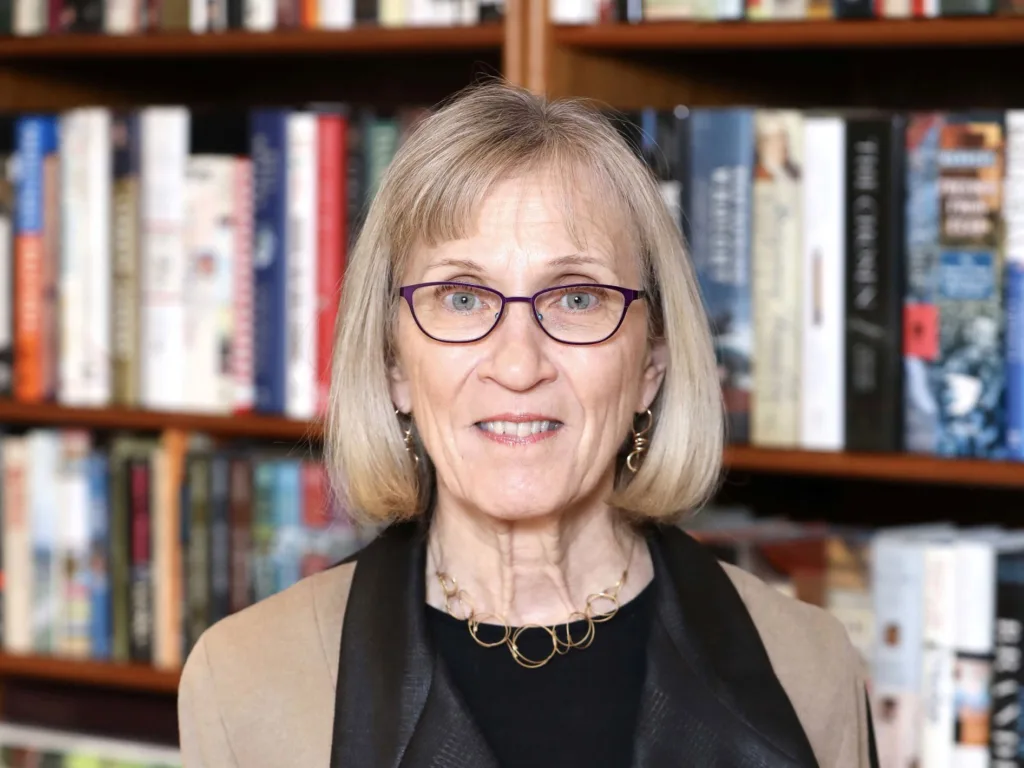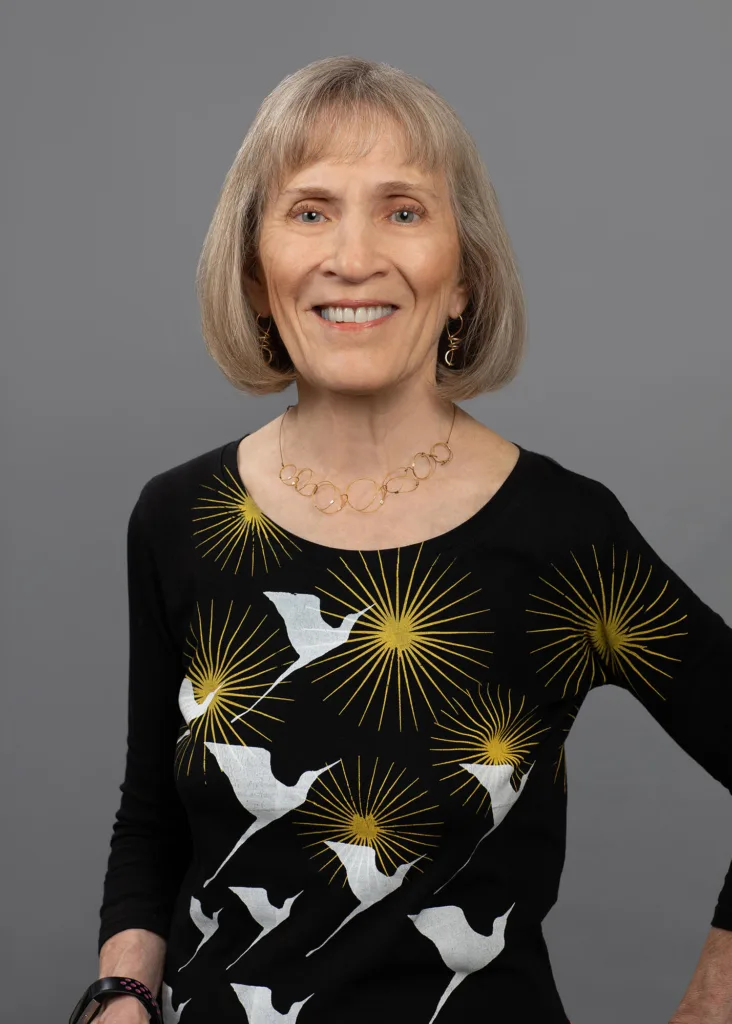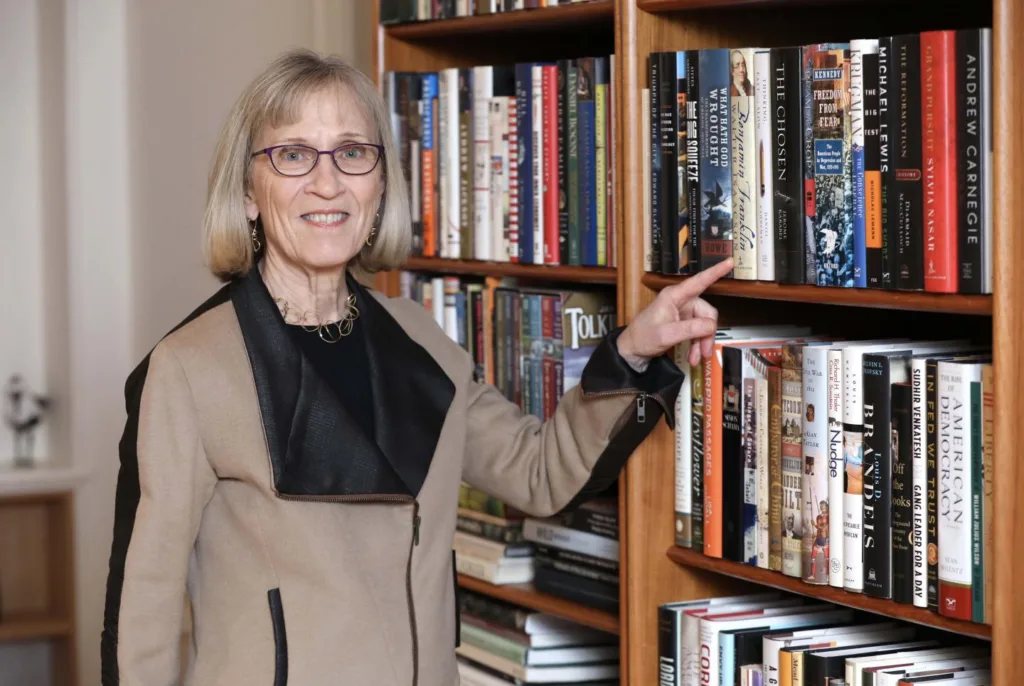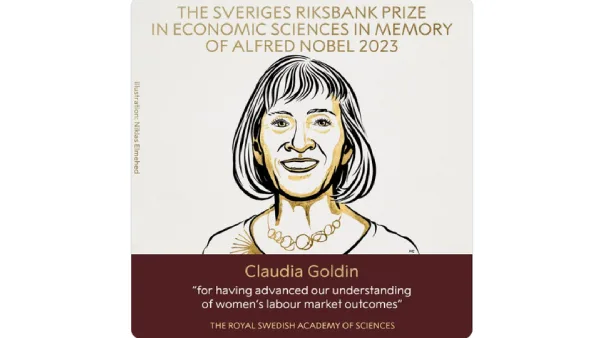American labor economist Claudia Goldin has been awarded the prestigious 2023 Nobel Prize in Economics, formally known as the Sveriges Riksbank Prize in Economic Sciences in Memory of Alfred Nobel. This accolade is the final piece in this year’s diverse array of Nobel prizes, which have celebrated achievements ranging from COVID-19 vaccine discoveries to breakthroughs in atomic snapshots and quantum dots, as well as honoring notable figures in literature, drama, and activism.

The Nobel Prize in Economics is unique among the Nobel Prizes as it was not part of the original awards envisioned by Alfred Nobel in his will. Instead, it was established and funded by Sweden’s central bank in 1968. The first Nobel Prize in Economics was awarded the following year, and since then, it has recognized individuals who have made groundbreaking contributions to the field of economics. Previous laureates include influential thinkers and academics like Friedrich August von Hayek, Milton Friedman, and more recently, U.S. economist Paul Krugman.
Last year, the prize was awarded to a trio of U.S. economists, including former Federal Reserve Chair Ben Bernanke, in recognition of their research on how regulations on banks and government support for failing lenders with public funds can mitigate the impact of severe economic crises, such as the Great Depression of the 1930s.
Claudia Goldin, whose work is being honored this year, is celebrated for her pioneering contributions to our understanding of women’s labor market outcomes. Her research has illuminated critical aspects of gender disparities in the workplace and provided valuable insights into the factors that influence women’s career choices and outcomes.
Goldin’s work is particularly relevant in today’s world, where discussions about gender equality and the empowerment of women in the workforce have gained increasing prominence. As we delve deeper into Claudia Goldin’s achievements and her impact on the field of economics, we uncover the significance of her contributions and the broader implications for society.

One of the central themes in Claudia Goldin’s research is the study of the gender wage gap. This persistent and pervasive phenomenon has been the subject of much debate and policy intervention over the years. Goldin’s work goes beyond merely documenting the existence of the wage gap; she has delved into the underlying causes and dynamics that drive this inequality.
Her research reveals that the gender wage gap is not solely a result of overt discrimination. Instead, it is influenced by a complex interplay of factors, including occupational segregation, differences in education and career choices, and the impact of family responsibilities on women’s careers. Goldin’s meticulous analysis has shown that as women have made strides in educational attainment and career opportunities, the gender wage gap has become increasingly tied to choices made by individuals within the labor market.
One of the groundbreaking aspects of Goldin’s work is her focus on the role of temporal flexibility in the workplace. She has highlighted the importance of policies and practices that allow workers, particularly women, to balance their work and family responsibilities effectively. Her research demonstrates that access to flexible work arrangements, such as part-time work or flexible hours, can significantly reduce the gender wage gap by enabling women to continue their careers while accommodating family needs.
Moreover, Goldin’s research challenges the traditional notion of “mommy tracking,” which implies that women who take time off for maternity leave or work reduced hours are penalized in their careers. Instead, her findings suggest that it is the lack of workplace flexibility and support that perpetuates gender inequality in earnings. By advocating for policies that promote work-life balance, Goldin’s work has contributed to the ongoing conversation about gender equity in the labor market.
Another important aspect of Goldin’s research is her examination of the gender gap in educational attainment. She has explored why women are more likely to pursue degrees in fields such as education and healthcare, while men are overrepresented in science, technology, engineering, and mathematics (STEM) disciplines. Goldin’s work sheds light on societal expectations and cultural factors that influence these choices.

Goldin’s insights challenge the notion that women are inherently less interested or capable in STEM fields. Instead, she argues that these disparities arise from societal norms and expectations that discourage or limit women’s participation in certain fields. Her research underscores the need for targeted interventions to encourage women’s participation in STEM and other male-dominated fields, thereby promoting greater gender diversity and equality in these sectors.
Furthermore, Claudia Goldin’s research has significant implications for policy-making. Her findings have informed discussions and debates surrounding policies related to pay equity, parental leave, and workplace flexibility. By providing empirical evidence and a nuanced understanding of the factors contributing to gender inequality, her work has contributed to the development of evidence-based policies aimed at reducing these disparities.
For example, her research supports the implementation of pay transparency measures, which can help identify and rectify wage gaps within organizations. It also underscores the importance of family-friendly workplace policies, such as affordable childcare and parental leave, in supporting women’s career progression and closing the gender wage gap.
Moreover, Goldin’s work has highlighted the economic benefits of gender diversity in the workplace. Studies have shown that organizations with diverse leadership and workforces are more innovative and perform better financially. By advocating for greater gender equality in the labor market, Goldin’s research aligns with broader efforts to promote economic growth and prosperity.
Beyond her contributions to economic research, Claudia Goldin’s recognition with the Nobel Prize serves as a testament to the importance of addressing gender disparities in the labor market and society at large. Her work has sparked meaningful conversations about gender equality, challenging stereotypes and biases that persist in our workplaces and institutions.
In addition to her research, Goldin has also been an advocate for women in academia and economics. She has mentored and inspired countless students and scholars, particularly women, to pursue careers in economics and social sciences. Her dedication to promoting diversity and inclusion in the field has had a lasting impact on the next generation of economists.

The Nobel Prize in Economics awarded to Claudia Goldin not only acknowledges her outstanding contributions to the field but also signals the continued importance of addressing gender disparities in the workforce. It serves as a reminder that achieving true gender equality requires a multifaceted approach that includes research, policy changes, and a commitment to challenging societal norms and biases.
As we celebrate Claudia Goldin’s achievements and the recognition of her groundbreaking work, we are reminded of the ongoing journey toward gender equality. Her research has paved the way for a more inclusive and equitable future, where individuals can pursue their careers and aspirations without being hindered by gender-based barriers. The Nobel Prize in Economics has honored a scholar whose work has the power to inspire change, shape policies, and ultimately lead us closer to a world where women’s labor market outcomes are truly equal.

